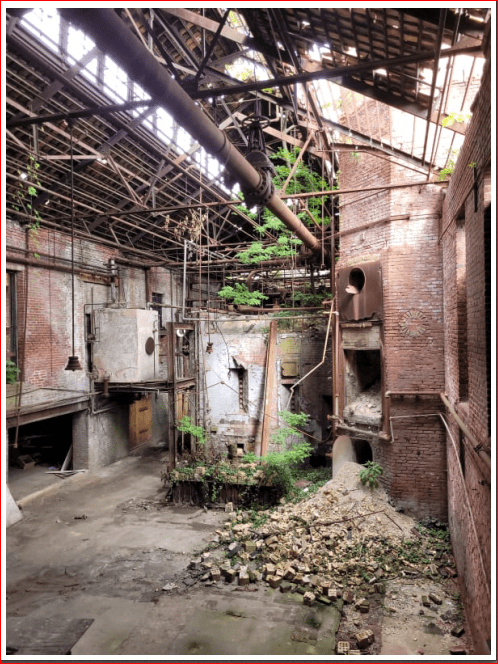Ben29
Structural
- Aug 7, 2014
- 325
Bad shape = 170 years old, 1-story brick masonry bearing wall building with steel roof trusses, partial roof collapse for at least 8 years, open to the weather, tree growing inside building, etc.
If you were going to do an assessment on this building, what legal precautions would you take to protect yourself?
If you were going to do an assessment on this building, what legal precautions would you take to protect yourself?

![[thumbsup2] [thumbsup2] [thumbsup2]](/data/assets/smilies/thumbsup2.gif)
